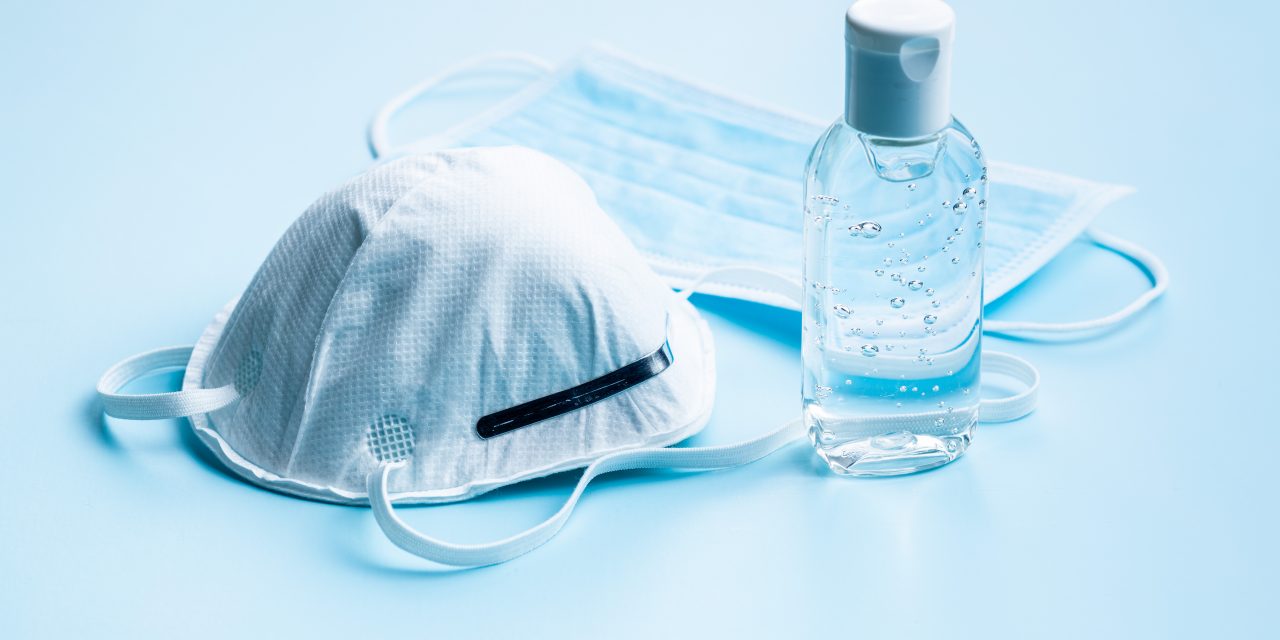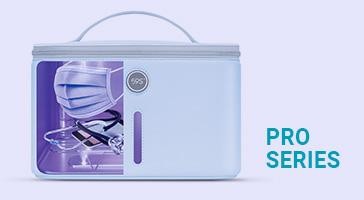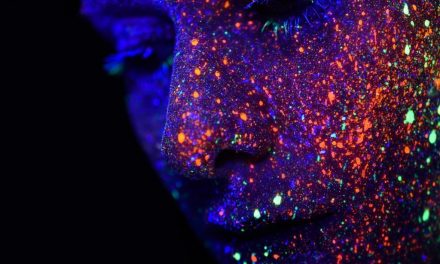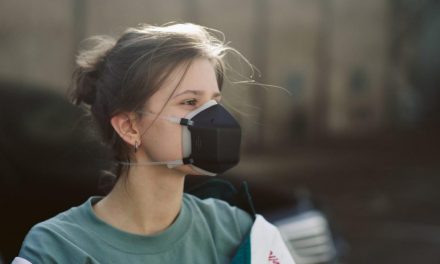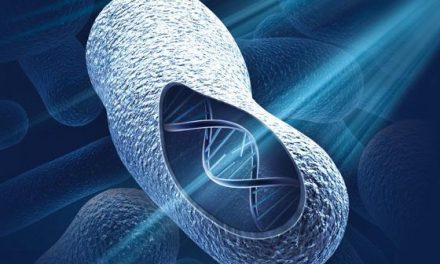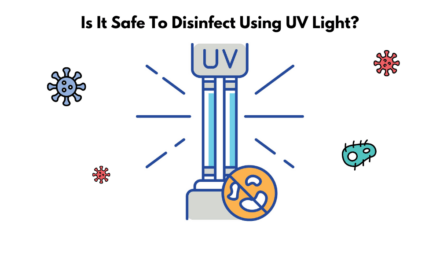At the beginning of the pandemic, there had been a shortage of personal protective equipment (PPE). The arrival of the SARS-CoV-2 came abruptly and caught everyone by surprise. We were ill-prepared, to say the least. Binghamton University professors in biomedical engineering, Guy Sherman and Kaiming Ye, started investigating the different methods of disinfecting N-95 masks to make them usable more than once. They were granted $187,728 to study how UVC technology can disinfect used masks. 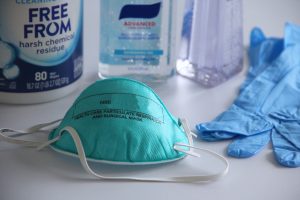 The N-95 has thick layers. For this very reason, most healthcare providers opt to use it compared to other kinds of masks. According to German, “One of the facets we’ve been trying to confirm is whether UVC is capable of penetrating the into the thick layers of the mask and possibly killing the virus on the inside of the mask too.” The scientists have also been in touch with hospitals and schools around the community to enforce UV disinfecting systems. Binghamton University’s Department of Biomedical Engineering provided both Lourdes Hospital and UHS in Binghamton with competent disinfection systems. They are currently also working hand in hand with Vestal Central School District to introduce sterilization systems inside gymnasiums, classrooms, and cafeterias. “We’re aiming to have the equipment prepared and set up at the schools before the academic year starts.” said Ye. Ye also said that UVC technology could sterilize the air in closed, often crowded areas, such as airports and subway and train stations.
The N-95 has thick layers. For this very reason, most healthcare providers opt to use it compared to other kinds of masks. According to German, “One of the facets we’ve been trying to confirm is whether UVC is capable of penetrating the into the thick layers of the mask and possibly killing the virus on the inside of the mask too.” The scientists have also been in touch with hospitals and schools around the community to enforce UV disinfecting systems. Binghamton University’s Department of Biomedical Engineering provided both Lourdes Hospital and UHS in Binghamton with competent disinfection systems. They are currently also working hand in hand with Vestal Central School District to introduce sterilization systems inside gymnasiums, classrooms, and cafeterias. “We’re aiming to have the equipment prepared and set up at the schools before the academic year starts.” said Ye. Ye also said that UVC technology could sterilize the air in closed, often crowded areas, such as airports and subway and train stations.
N-95 Masks Reusable After Sterilization
